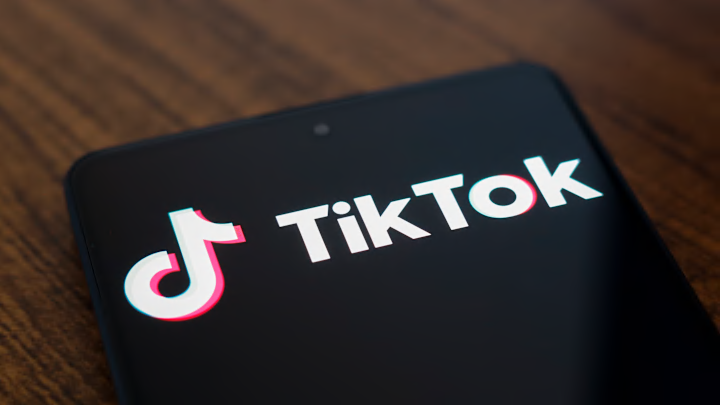A recent survey of 1,000 people suggests that over 50 percent of Generation Z gets their health advice from TikTok -- many of them because it's free.
The same poll also found that many who do get their health advice from the video app don't verify whether or not it's accurate or safe.
While there are licensed doctors, nutritionists, and other health experts offering generalized health and wellness advice online, many of them disclose that viewers should be wary of taking their advice without consulting their doctor or other medical professionals. Part of the reason is because generalized health advice is just that -- generalized. It doesn't cater to the specific conditions or needs of every individual reading or watching.
And that can be dangerous. Healthline reports that many Americans who follow health advice from platforms like TikTok or YouTube end up having health issues as a result. But it's not Gen Z's fault. They may not verify the claims they're following, but many influencers are giving out the advice because they don't feel they have a choice.
Influencers make money off online content they post on platforms like TikTok. Health and fitness influencers, whether they're aware of it or not, often end up promoting products and services that don't have their followers' best interests, health or safety in mind. Unfortunately, if it gets views and attracts followers, safety and well-being aren't always the main priority.
The problem is, it's easier to say Gen Z should seek out professional advice than it is for Gen Z to actually do it. Going to a primary care doctor (if you can even get an appointment with one) in the United States is expensive even with health insurance. Other forms of wellness, such as therapy and personal training, can also cost a lot financially.
According to the survey, it's not that Gen Z doesn't want to be healthy. The reality is simply that getting healthy is expensive, time-consuming, and difficult to do properly if you aren't working with a professional on following a personalized plan catered specifically to your lifestyle and needs.
The best thing you can do when getting health advice online (this is, I promise, not actual health advice) is to be wary of anything that promises fast, effortless results. Safe, effective health and wellness is a gradual process that takes hard, consistent work to achieve and maintain.
It shouldn't be this way -- we should all be provided with the time and resources to get healthy and stay that way. But here we are. The best we can do is be mindful of who is giving health advice online and whether or not it seems too good to be true.
